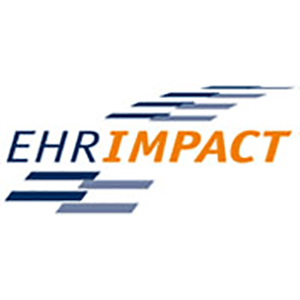The current COVID-19 crisis has shown that to manage the virus, it is crucial for health systems to be at the forefront of protecting citizens and to be technically ready to handle data efficiently. The increasing optimisation of Electronic Health Records (EHR) and emerging digital health tools and apps are raising high expectations of the seemingly endless possibilities of digitisation in future healthcare. The general belief is that the current COVID-19 pandemic has shifted the focus to how health professionals and data analysts can apply analytics, machine learning, and advanced techniques in the healthcare sector, to identify disease outbreaks earlier in the process and start effective “evidence-based” and data-driven interventions, leading to higher quality and efficiency in health care provision.
On behalf of the European Commission, Directorate-General for Communications Networks, Content and Technology (DG CNCT), empirica and Open Evidence launched a survey on “eHealth, Interoperability of Health Data and Artificial Intelligence for Health and Care in the EU members states”. The objective of the study is to survey, analyse and benchmark the development of interoperable Electronic Health Records and the use of data in the EU27 + UK and Norway. Due to the importance of data security and patient privacy, a special focus is given to key technological solutions, including electronic identification, distributed ledger, and cybersecurity. National experts and all national EU representatives for eHealth participate to provide their insights for the digital transformation in health and care in the Digital Single Market, with the goal of empowering citizens and building a healthier society. As a reaction to the current pandemic, the survey includes questions on the use of EHRs for the public reporting of infectious diseases and explores different technologies to enhance health data exchange in this context.
With the final results, we will better understand the barriers and success factors to cross-border interoperability of EHR systems, and, moreover, the functioning of EHRs in every country’s national health system context. A major motivation of this study is to inform Member States on their progress towards EHR interoperability and to provide support with a continuous monitoring instrument. The launch of this survey in August 2020 is a first step to start a long-term monitoring process and will provide important first baseline data. Publication of the final results is expected for spring 2021.

Source & Copyright: European Commission (2019)
